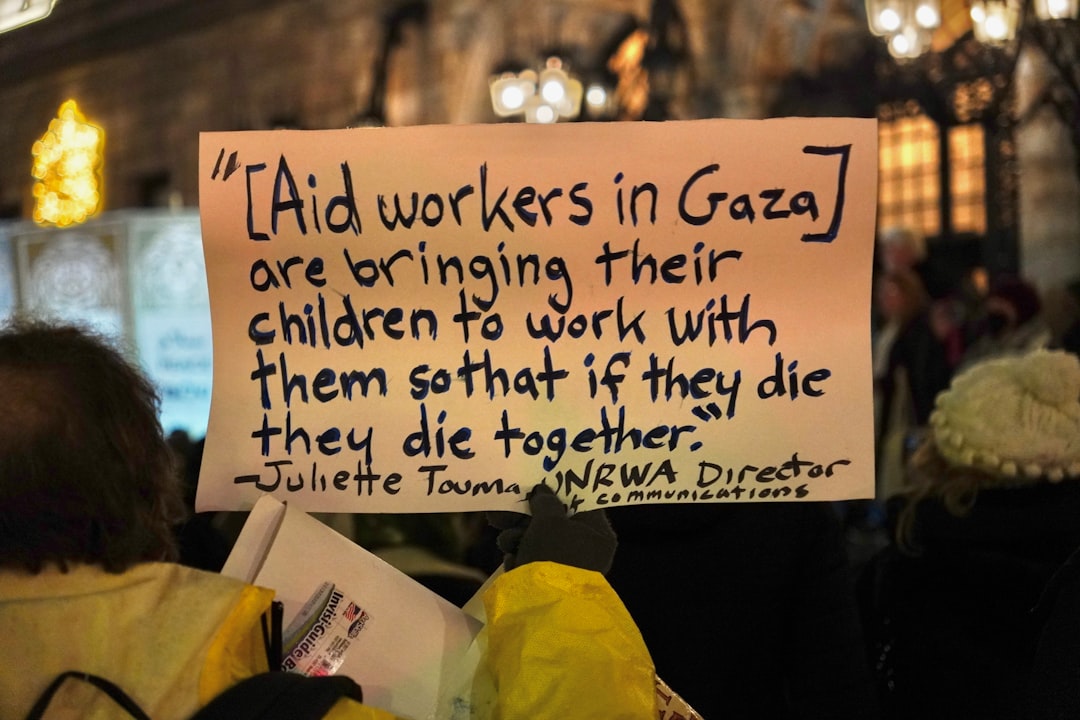It’s Just War: On Michael Walzer’s Ratio of Death
Walzer’s Palestinian death-ratio logic is a fitting capstone to a career intellectualizing state violence and subverting the coherence of social democratic thought.

Sigh. I hate what war does to us, and you should too.
While I was rethinking everything during the Trump years, one of my early intellectual ports of call was Michael Walzer’s A Foreign Policy for the Left. It’s not very good. Compared to what it’s supposed to be, it’s actually very bad.
At the time (early 2018), I knew nothing about Walzer except that he had been an advocate of the controversial “just war” tradition. But the name of the book drew me in for its promise of clarity about an alternative approach to foreign policy.
But just like Trade Wars are Class Wars, Walzer’s book was one of those where the title promised something that was askew of the book itself.
I’ll say more about A Foreign Policy for the Left in a second, but I’m bringing this up because Walzer has been a vocal defender of Israel’s war in Gaza, albeit with a furrowed brow meant to convey agony over having to continue bearing witness to the suffering it involves. His latest entry in this commentary, in a recent interview, is uniquely galling:
There is no genocidal intent on the Israeli side. Some members of the Israeli government want to drive the Palestinians out of Gaza and relocate them. But fortunately, they are not the decisive force in government…It's not easy for me to say such a thing, but if there were almost 10,000 Hamas fighters among the 30,000 Palestinians killed, it’s not a bad ratio for such a war on urban terrain. In Fallujah, the ratio of civilian deaths to Iraqi militia fighters was not two to one, as in Gaza, but seven to one. What Israel is doing is not genocide.
I don’t want to litigate the genocide label, although bringing in Fallujah doesn’t help his argument. Fallujah was the scene of obscene war crimes as part of an illegal war. The entire thing was the original sin of 21st century geopolitics. And yet, the battle of Fallujah was not part of a campaign to drive Iraqis out of Iraq, nor was it part of any bid to destroy the Iraqi way of life—devastating though that battle was. Civilian death tolls are not dispositive of any claim about genocide; they must be put in context.
But the bolded passage above is really the tragedy. By intellectualizing state violence against civilians, Walzer has found a way to defend Israel’s murder of 20,000 Palestinians in the span of six months.
Benjamin Franklin once insisted: “it is better 100 guilty Persons should escape than that one innocent Person should suffer.” Walzer, by contrast, has made his peace with quite the opposite—the lives of 2 million Palestinians must be disrupted and turned upside down so that Israel can punish Hamas, whose membership maxes out at 25k people.
By Walzer’s death-math, we can discount any internal displacement or cultural erasure that must take place as part of a war on Hamas. The math doesn’t account for suffering short of death. The key metric of justice is that Israel can still kill another 30k Palestinian civilians as long as it ensures victory over Hamas. And of course he reserves the right to adjust the ratio further still as circumstances change.

